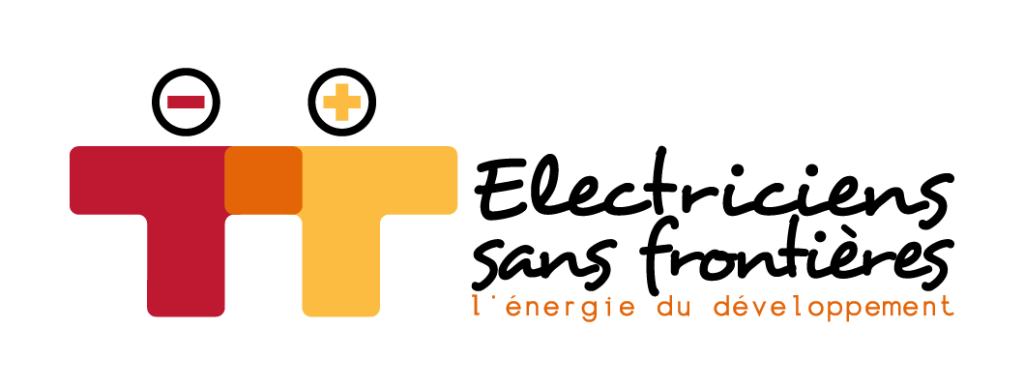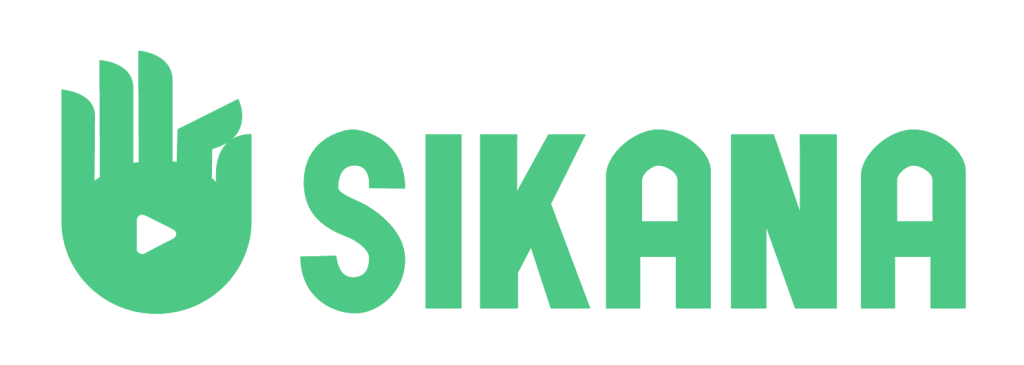
The installation of electricity networks is essential for social and economic development. Important buildings in every community, such as schools and hospitals, run better with electricity. Roads become safer, and electricity can be used to give people access to clean drinking water.
A lack of electricity imposes social injustice. Admittedly, I am just a kid of 74, but I have never understood how the world has avoided imposing a universal tax to ensure that everyone has basic services/ infrastructure, such as electricity, clean water, wastewater removal, roads, even the internet.
In terms of electricity:
Close to 1.5 billion people still have no access to electricity. The majority of them live in Asia and sub-Saharan Africa. 80 % of these live in isolated rural areas and are excluded from development policies.
Three billion people are still dependent on traditional energy sources (candles, paraffin lamps, wood, etc). These forms of energy are often harmful and cause 4,3 million deaths each year.
Sustainable Development Goal No. 7 adopted by the United Nations General Assembly is to “ensure access to affordable, reliable, sustainable and modern energy for all”.
In terms of water:
50 % of the world’s population still does not have access to adequate quantities of drinking water.
2,4 billion people, i.e. 30% of the world’s population, do not have access to adequate sanitation.
663 million people live without having a source of clean water.
The aim of Sustainable Development Goal 6 adopted by the United Nations General Assembly is to “ensure availability and sustainable management of water and sanitation for all”.
Helping to provide solutions
Electriciens sans frontières (ESF) = Electricians without borders, is a non-governmental international solidarity organization (NGO) created in 1986 and recognized as a public utility by the French Ministry of the Interior on 2013-05-23. It works towards equality of access to electricity and water in the world. It promotes economic/ human development using renewable energies.
Bruno Léchevin (1952 – 2020), a French union leader, is credited with starting ESF in 1986, asking workers in the French electrical sector to use their skills on international solidarity/ development projects, so that electrical energy could act as a developmental lever.
ESF’s goal is to improve the living conditions of the poorest populations, living with energy poverty. It leads access to electricity and water projects in many countries in Africa, South Asia and Latin America. ESF also intervenes during humanitarian crises, notably in the Philippines in 2013 and 2015 following typhoons Haiyan and Ruby; in 2015 in Vanuatu after cyclone Pam; in Nepal after the Gorkha earthquake in 2015; in Haiti after earthquakes in 2010 and 2016; and in 2017 in Saint Martin and Dominica following the passage of hurricanes Irma and Maria.
Since 2017-12-19, ESF has been a partner of the Le Centre de crise et de soutien (CDCS) = Crisis and Support Center, to intervene in the event of a humanitarian crisis.
CDCS was founded in 2008, and is a department of the Ministry for Europe and Foreign Affairs (MEAE). It is responsible for monitoring, anticipating, alerting and managing crises taking place abroad and requiring actions in response to a humanitarian emergency, and post-crisis stabilization support. Admittedly, it is specifically concerned about events that threaten the safety of French nationals abroad.
Within the CDCS system, ESF intervened after the Celebes earthquake in Indonesia in 2018; after cyclone Idai in Mozambique in 2018; in Lebanon in 2020, after the port of Beirut explosions.
ESF receives financial support and contributions in kind (labour, equipment, working space) from individual donors, companies, private foundations and public institutions. Volunteer work by members are significant, and represent more than that provided as financial aid.
ESF received the UN Climate Action Award at COP25, for its achievements on the island of Dominica. It received the Zayed prize for sustainable development, following its training program in a Rohingya refugee camp in Bangladesh.
ESF has defined a vast intervention program for African health care centres, whee each requires an individual response. Needs include: rehabilitation of solar photovoltaic production plants, and even emergency generators in certain cases, in order to guarantee a reliable electricity supply; the refurbishment of interior electrical installations, in order to prevent electrical risks and to allow the use of high-performance medical equipment; installation of surge protectors to protect solar power plants in case of storms; electrification and lighting of additional spaces to increase facility capacity; the provision of refrigerators and respirators; installation of solar pumps to meet water needs; deployment of solar street lights to secure access to health care centers. Starting in 2020, ESF launched programs in 8 African countries: Togo, Burkina Faso, Mali, Cameroon, Senegal, Benin, Niger and Madagascar.
Because the protection of human lives is its first priority, ESF is currently asking for funding to support its work in Ukraine. Their mobilization aims to be strong and long-lasting, but requires external financial support to effectively meet assessed needs.
The French model has been replicated: In Germany, by the NGO Elektriker ohne Grenzen (2012); In Italy by Elettrici senza frontiere (2015); in Spain by Electricistas sin fronteras (2016); In Switzerland by Electriciens sans frontières – Suisse (2018).
The North American (USA and Canada) NGO, Electrical Workers Without Borders in North America (EWWBNA), joined the international network in 2017. Its founding in 2016 is attributed to the efforts of Edwin D. Hill (1937 – 2018) who, as retired international president of the International Brotherhood of Electrical Workers (IBEW), built up the organization. Unfortunately, the EWWBNA devotes about half of its website as a eulogy to its founder, which is an inappropriate resource allocation.
These six ESF organizations have signed an agreement specifying their mutual engagements.
There is an English language ESF website.

Part of the reason I became attracted to ESF are its videos, made by another French NGO, Sikana TV in collaboration with ESF. These provide an introduction to electrical work, so that young people can understand what it entails.
Sikana was founded in 2014 with the aim of equipping people with practical skills through free educational video programs. They observe: that billions of people do not have access to teachers to help them acquire basic skills, unlock their potential and lead happy and dignified lives; three billion people have access to screens that can be transformed into tools for instruction. Video is a powerful and cost-effective medium to promote skill acquisition, as well as health and environmental awareness.
Numbers: 400 million lessons delivered to 230 countries on 2 300 videos in 16 languages with 75 pedagogical programs. They gather communities of volunteers and expert organizations to co-create educational solutions. These are involved in the entire creation process: writing, production, dubbing, dissemination, and development of IT tools. They create pedagogical programs on a wide range of topics: Health, environment, vocational skills, sports and more. Innovative technological tools enable people to collaborate and design content, translate and subtitle it and to make it available to the widest possible audience.
Factory is Sikana’s collaboration tool, allowing volunteers to translate and subtitle educational videos, from their homes. People who are fluent in at least 2 languages can help translate videos that can then be used to provide subtitles and dubbing. Both are needed because some people are illiterate, and cannot read subtitles, while others have hearing disabilities, and cannot hear dubbing.
Digital content is uploaded on the sikana.tv website and shared with partners who disseminate the content in the field. These partners include: Library Without Borders, Learning Equality, Electricians Without Borders, and the Digital Empowerment Foundation.
Sikana France has offices in Paris, Sikana Brazil has offices in Rio de Janeiro, Sikana India has offices in Pondicherry, Sikana Mali has offices in Bamako, and Sikana China has offices in Fuzhou.
The Electricity for Everyone series provides practical lessons to help anyone install electricity in their own residence. Topics are divided into five chapters: 1. An Introduction to electricity (8 videos); 2. How to Prepare Your Workspace (2 videos); 3. Electrical Boards (7 videos); 4. Lighting and Connections (7 videos); 5. Making-Of (1 video). The video lessons are suitable for two main groups of people. First, as a means of introducing individuals to the principles of electricity and to basic circuitry. Second, as a teaching aid to be used by trained electricians, to pass on their electrical knowledge/ skills/ insights to people who need it the most – particularly in the developing world and areas where access to electricity is unstable.
The videos emphasize risks when installing electricity and how to avoid them, how to save energy and how to get the most out of your electrical household appliances.
Another co-operative venture between Sikana and ESF consists of three videos about the installation of solar panels in the Discover Renewable Energy series.
A third series, Lower Your Energy Bills, does not involve ESF, but has been produced with the assistance of the Energies Solidaires organisation, and Energio, a research centre specialising in managing and economizing energy consumption. It is particularly concerned with fuel poverty. It is divided into five chapters: 1. Eco-tips (4 videos); 2. Saving on Your Heating Bills (3 videos); 3. Know Your Energy Consumption (4 videos); 4. Insulating Your Home (5 videos); and, 5. What is Fuel Poverty? (3 videos).
All of the videos produced by Sikana are free to watch and share. They can also be downloaded directly from the video player.

